- Superpower Daily
- Posts
- Mysterious 'gpt2-chatbot' Stirs AI Buzz: GPT-4.5 or GPT-5?
Mysterious 'gpt2-chatbot' Stirs AI Buzz: GPT-4.5 or GPT-5?
GitHub’s introduce AI-powered software engineer
In today’s email:
👀 In the AI Economy, There Will Be Zero Percent Unemployment
🧬 ‘ChatGPT for CRISPR’ creates new gene-editing tools
⛪️ Catholic Group Defrocks AI Priest After It Gave Strange Answers
🧰 9 new AI-powered tools and resources. Make sure to check the online version for the full list of tools.


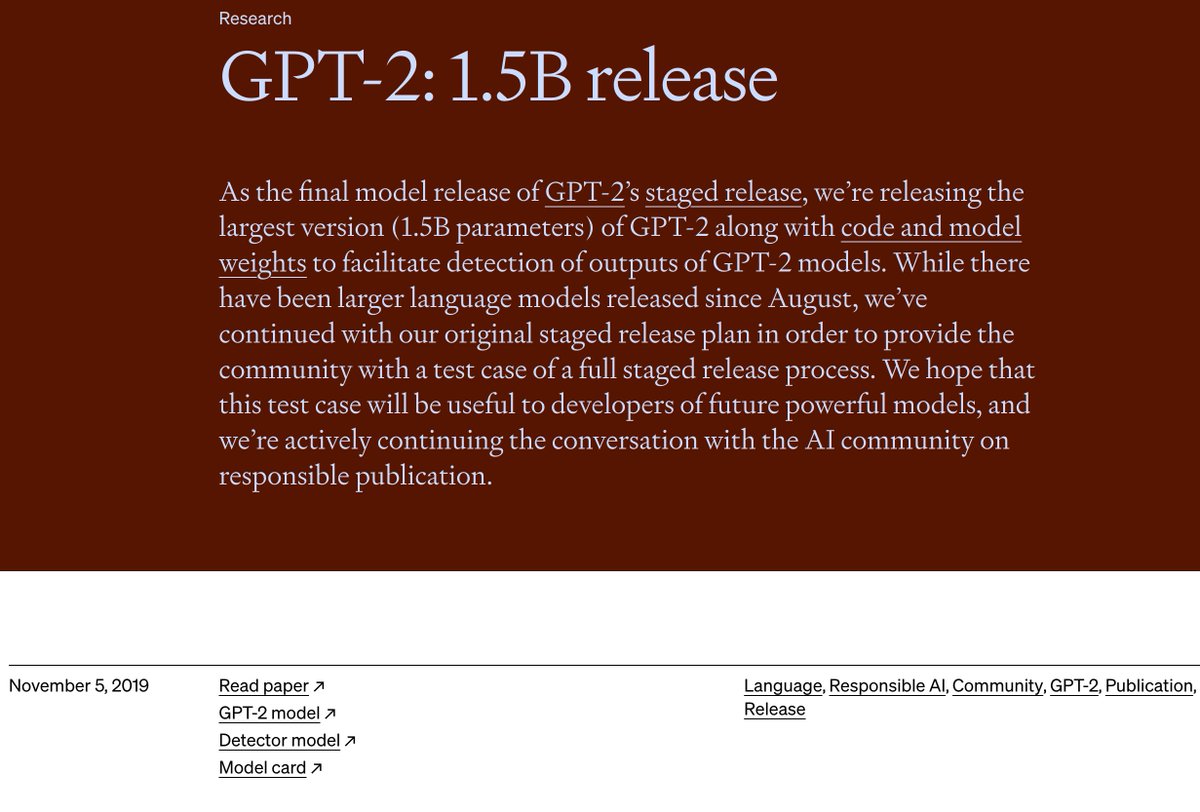
A mysterious new model called "gpt2-chatbot" has appeared on lmsys and it's really good.
The AI community is abuzz with the emergence of a mysterious 'gpt2-chatbot' AI model, which boasts impressive capabilities and has been compared to GPT-4 in performance. Despite its name, it is not related to the original GPT-2 model. Speculation is rife that it could be OpenAI's next model, potentially GPT-4.5 or GPT-5, due to its enhanced reasoning skills and human-like tone.
The gpt2-chatbot hosted on https://chat.lmsys.org is speculated to be an advanced model based on OpenAI's GPT-4 architecture, despite its name suggesting a connection to GPT-2. It demonstrates exceptional output quality, potentially indicating it as a test or incremental update by OpenAI, referred to as GPT-4.5. The model's outputs are distinctively similar to those expected from OpenAI's models, including specific vulnerabilities and response styles related to OpenAI's programming. It's accessible for interaction and benchmarking in both Direct Chat and a blinded format called "Arena (Battle)".
The model's presence on LMSYS and its undisclosed aspects lead to speculation about its true nature and origin. It has strict rate limits, possibly due to higher computational costs, and behaves in ways that align closely with newer OpenAI models rather than older or different architectures. This leads to the hypothesis that it could be a stealthy deployment by OpenAI to gather unbiased benchmark data, or it might be an experimental use of the GPT-2 architecture enhanced with newer techniques, influenced by recent research findings.
Discussion about gpt2-chatbot includes a tweet from Sam Altman that added to the speculation but was non-committal. Users are encouraged to engage with the model, testing it through LMSYS's platform to provide feedback and help ascertain the model's capabilities and origins. The model's detailed behavior, response patterns, and technical specifics, such as token usage, continue to be subjects of analysis and debate among the AI and chatbot community.
The true nature and origin of 'gpt2-chatbot' remain unknown, with experts and enthusiasts eagerly awaiting further information. Meanwhile, OpenAI has introduced an enhanced memory feature to ChatGPT for personalized interactions, fueling further speculation about the potential capabilities of 'gpt2-chatbot.'
GitHub has introduced Copilot Workspace, an AI-enhanced development environment designed to assist developers from the conceptualization to the execution of software projects. Building on features like Copilot and Copilot Chat, Workspace integrates with GitHub's existing tools to offer a seamless, AI-driven coding experience. Jonathan Carter, head of GitHub Next, emphasizes that the tool aims to simplify starting projects by providing plans and edits across the codebase, potentially expanding GitHub's user base beyond its current 1.8 million paying customers.
Workspace aims to address issues such as inefficient code reuse and security vulnerabilities that have been exacerbated by earlier AI tools like GitHub's original Copilot. By automating parts of the coding process, such as bug fixes and feature additions, Workspace allows developers to focus on more creative tasks. However, the tool is still in technical preview and is not covered by GitHub's IP indemnification policy, raising concerns about the potential legal implications of AI-generated code.
Despite some skepticism regarding AI in coding, a significant portion of developers remain interested in integrating AI tools into their workflow. Copilot Workspace represents GitHub's effort to refine AI's role in software development by balancing automation with human oversight. This initiative reflects a broader trend where AI is seen as a complement rather than a replacement for human skills, aiming to enhance the productivity and creativity of developers.

Brian Chau, via his Twitter account @psychosort, recently shared insights on the fast-tracking of a California Senate bill that seems designed to put competitive pressure on OpenAI's competitors. The bill aims to regulate not just AI models that operate at a computational scale of 10^26 FLOPs, but also those with similar performance capabilities. This could mean that any model roughly equivalent to GPT-5 in effectiveness would fall under this legislation.
Chau describes this legislative move as a significant threat to smaller entities in the AI field, proposing the establishment of a new AI regulatory agency akin to the TSA or Nuclear Regulatory Commission, primarily to disadvantage these smaller competitors. The bill also proposes that this agency be funded by the very companies it regulates, and it outlines severe penalties, including felonies, for administrative errors.
Moreover, Chau highlights a particularly controversial aspect of the bill related to "derivative models," which could potentially criminalize the open-source AI community. The definition includes models that are not "independent" and could implicate original developers if their technology is misused by others. The full bill and ways to oppose it are detailed in links Chau shared in his tweets.
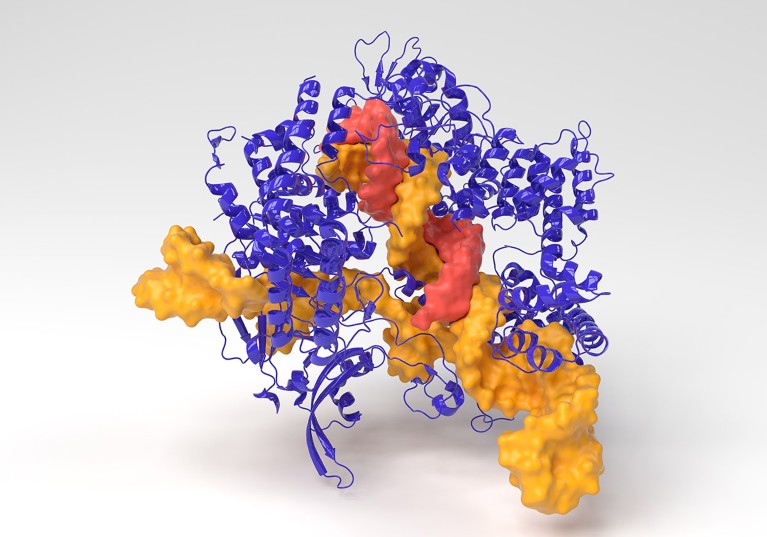
Researchers are making significant strides in gene-editing technology by using generative artificial intelligence to design new CRISPR systems. A recent study demonstrated the successful use of a protein language model, trained on millions of protein sequences, to create functional CRISPR proteins that were effective in laboratory tests. These AI-designed systems, which include both proteins and guide RNAs, aim to overcome the limitations of naturally occurring CRISPR systems by targeting a broader range of genetic sequences and reducing errors.
Another research team employed a model trained on extensive microbial genome data to design novel CRISPR-Cas9 systems that mimic natural protein structures. Although these designs have not yet been validated in experimental settings, their predicted structures suggest the potential for effective gene-editing capabilities. This innovative approach, which combines computational biology with AI, could revolutionize how researchers create and utilize CRISPR technologies.
The development of AI-designed CRISPR tools could have profound implications for precision medicine, offering more accurate and efficient alternatives to existing gene-editing methods. Researchers are optimistic about the application of these AI-generated tools in medical therapies, highlighting their potential to achieve precise genetic modifications without the constraints of current technologies. The open availability of these designs also supports a collaborative approach to advancing gene-editing research and application.
Other stuff
In the AI Economy, There Will Be Zero Percent Unemployment
The Financial Times and OpenAI strike content licensing deal
Friends From the Old Neighborhood Turn Rivals in Big Tech’s A.I. Race
AI Leapfrogging: How AI Will Transform “Lagging” Industries
Excessive use of words like ‘commendable’ and ‘meticulous’ suggests ChatGPT has been used in thousands of scientific studies
Meta’s ‘set it and forget it’ AI ad tools are misfiring and blowing through cash
Catholic Group Defrocks AI Priest After It Gave Strange Answers
Superpower ChatGPT now supports voice 🎉
Text-to-Speech and Speech-to-Text. Easily have a conversation with ChatGPT on your computer


Dialzara - Never miss a call again

Play AI - The voice interface of AI

Offthreadr - AI-powered course platform to learn on the go!

Chat Thing - Create magic AI chatbots easily

Stable Video - State-of-the-art generative AI video model
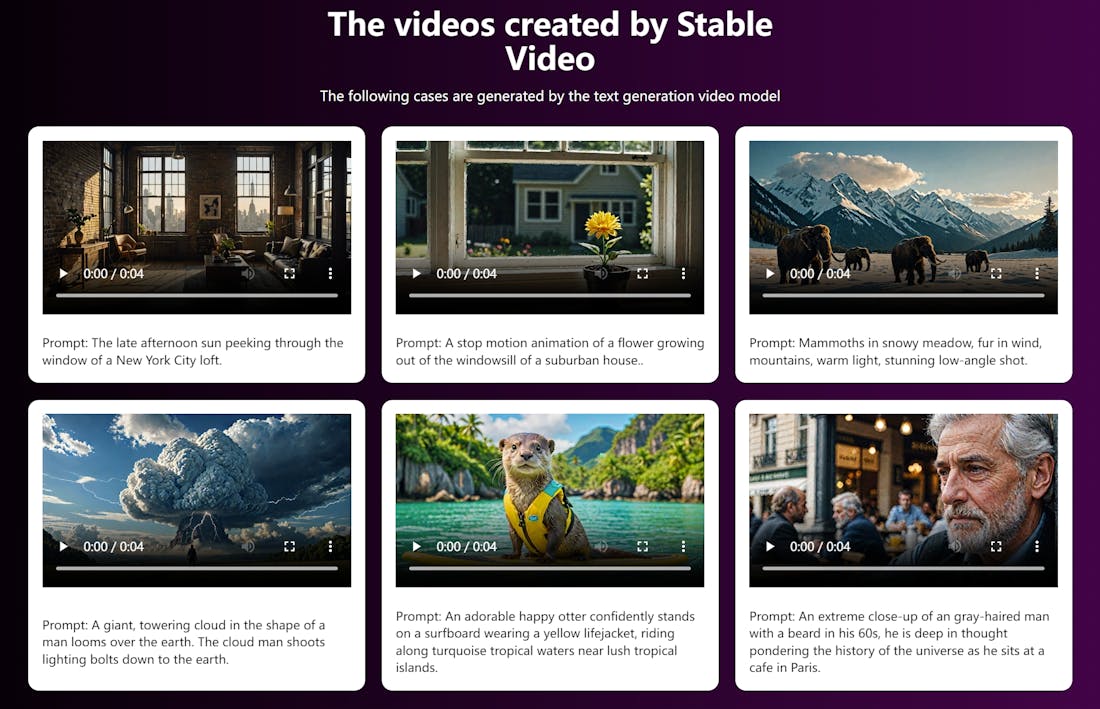
Trancy - Language learning with YouTube AI bilingual subtitles
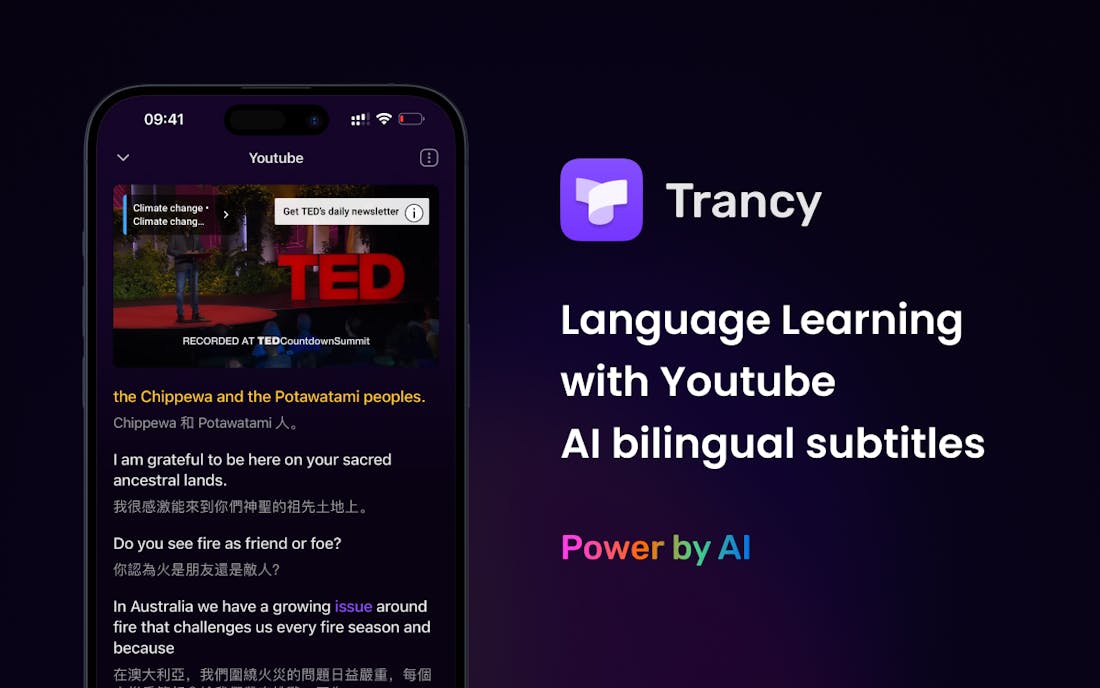
Intellecta - AI-powered customer experience
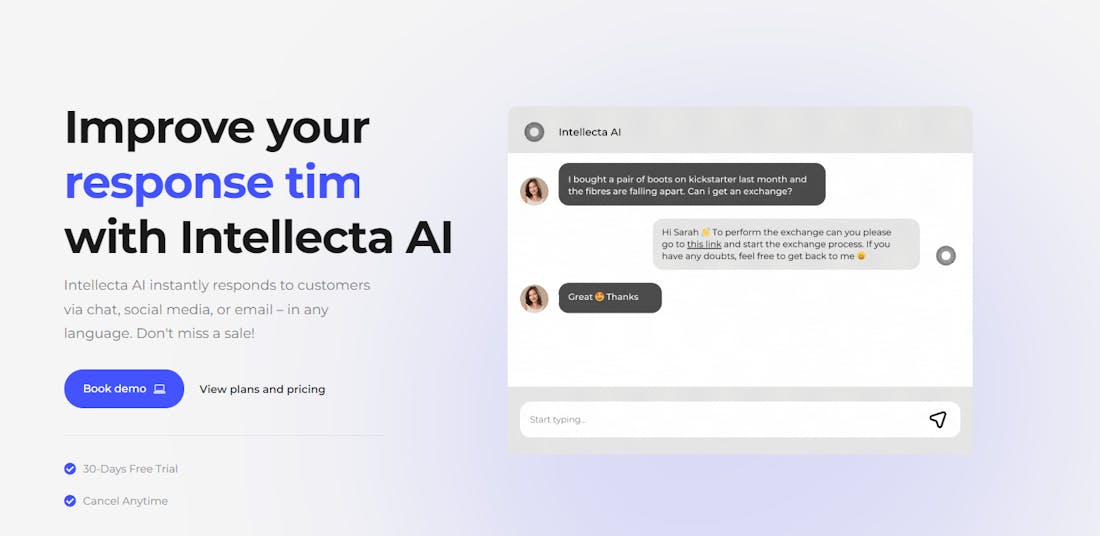
Stock AI - Stop guess start profit

Copy Truck - 10x Your Brand & Profile Growth on LinkedIn using AI, with $0 Ad Spend



How did you like today’s newsletter? |
Help share Superpower
⚡️ Be the Highlight of Someone's Day - Think a friend would enjoy this? Go ahead and forward it. They'll thank you for it!
Hope you enjoyed today's newsletter
Did you know you can add Superpower Daily to your RSS feed https://rss.beehiiv.com/feeds/GcFiF2T4I5.xml
⚡️ Join over 200,000 people using the Superpower ChatGPT extension on Chrome and Firefox.



